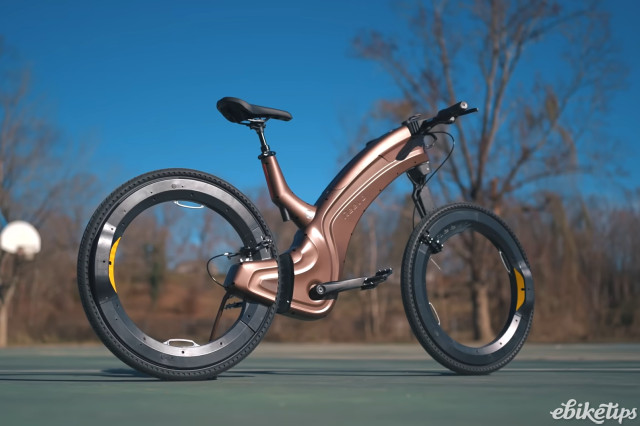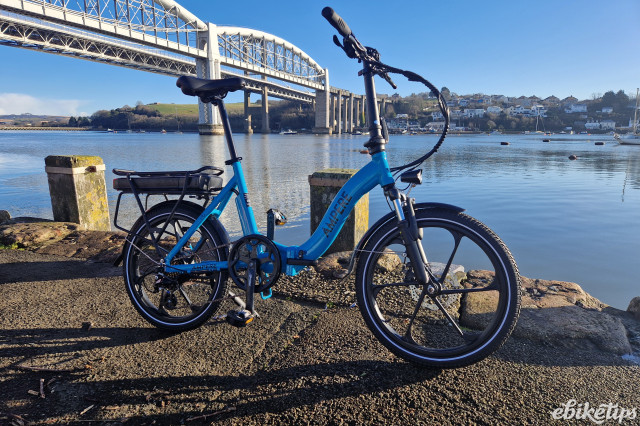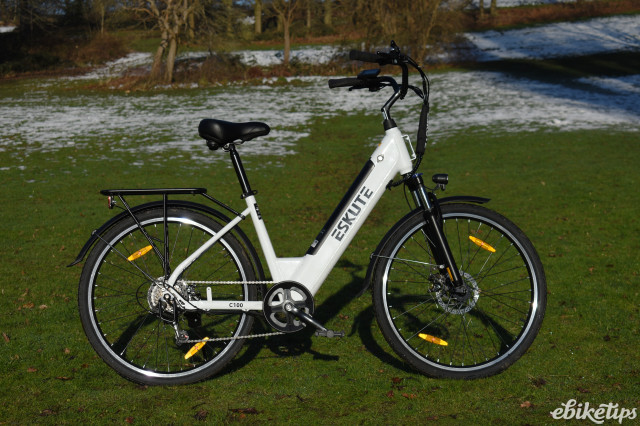It's been a long time coming for residents of Northern Ireland, as legislation has finally passed that makes electric bikes legal to ride without needing a licence, insurance or registration.
Great result! Unanimous support across all parties for new e-bike legislation. From tomorrow e-bikes will be treated just like a normal bike. No more barriers of having to register & license it beforehand. Get peddling 🚴♂️🚴♀️ https://t.co/lEMmTMsfhB
— Nichola Mallon (@NicholaMallon) May 12, 2020
NI's Infrastructure Minister made the announcement on Tuesday, revealing that there was "unanimous support" for lifting of the country's draconian e-bike laws that have long being considered out of step with the rest of the UK and Europe.
Before then e-bike riders could have faced up to six penalty points on their driving licence and a fine of up to £1,000, which is all down to a 1995 UK law that required a motorbike licence to ride an electric bike. England, Scotland and Wales updated the law to exempt electrically-assisted pedal cycles to make them legally equivalent to a regular bike, but this legislation didn't include Northern Ireland. Although it's thought that the law wasn't exactly common knowledge in NI and citizens regularly rode e-bikes like normal bikes, technically you would have needed a motorbike helmet and a full motorbike licence, insurance and a registration plate to ride one on the road legally before Wednesday 13th May.
From today electric bikes are legal in Northern Ireland🚲
Electric bikes for many people make travelling by bike more accessible & enables them to start incorporating more exercise into their daily routine.
We've lots of info on e-bikes on our website-https://t.co/yL7vkN2zgV pic.twitter.com/XWAWfgbkP3— Sustrans NI (@SustransNI) May 13, 2020
Northern Irish policy makers were accused of "missing out on an e-bike revolution" by not updating the outdated law, and Ms Mallon has been praised for bringing the legislation to the Assembly. As she pitched the new legislation in Stormont before it was successfully passed, she said in her speech: "The main objectives of these regulations are to simplify and reduce the legislative burden on those who wish to ride an e-bike, to promote cycling as a mode of transport that has health and environmental benefits, and reduce congestion in our cities and towns.
"...a lot of change has been forced upon us by the challenges of COVID-19, but this can also be the start of a time of change if we choose it.
"There is an opportunity to build a better future and I believe we should seize it."
In the rest of the UK and Europe, electric bikes with a maximum assisted speed of 25km/h and 250 watts of power are legal to ride without licence and insurance. A registration plate is needed to ride a pedal cycle with more power and speed than this is Britain, a confusing process as detailed in our article on riding an S-pedelec in the UK. In the US more powerful e-bikes can be ridden without licence, with assisted speeds of 20mph/32km/h and 750 watt motors the norm and considered a 'low speed electric bicycle'.






